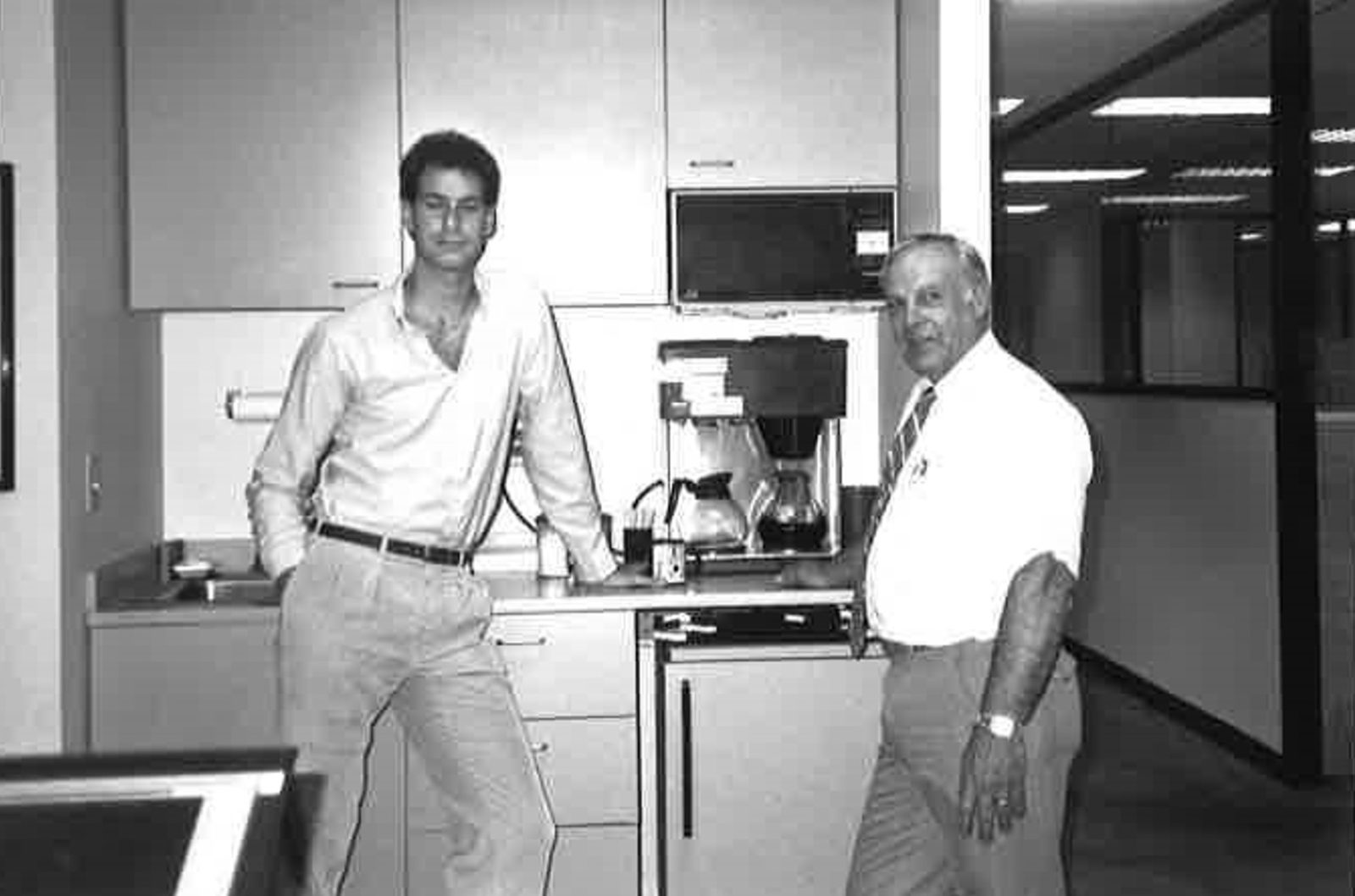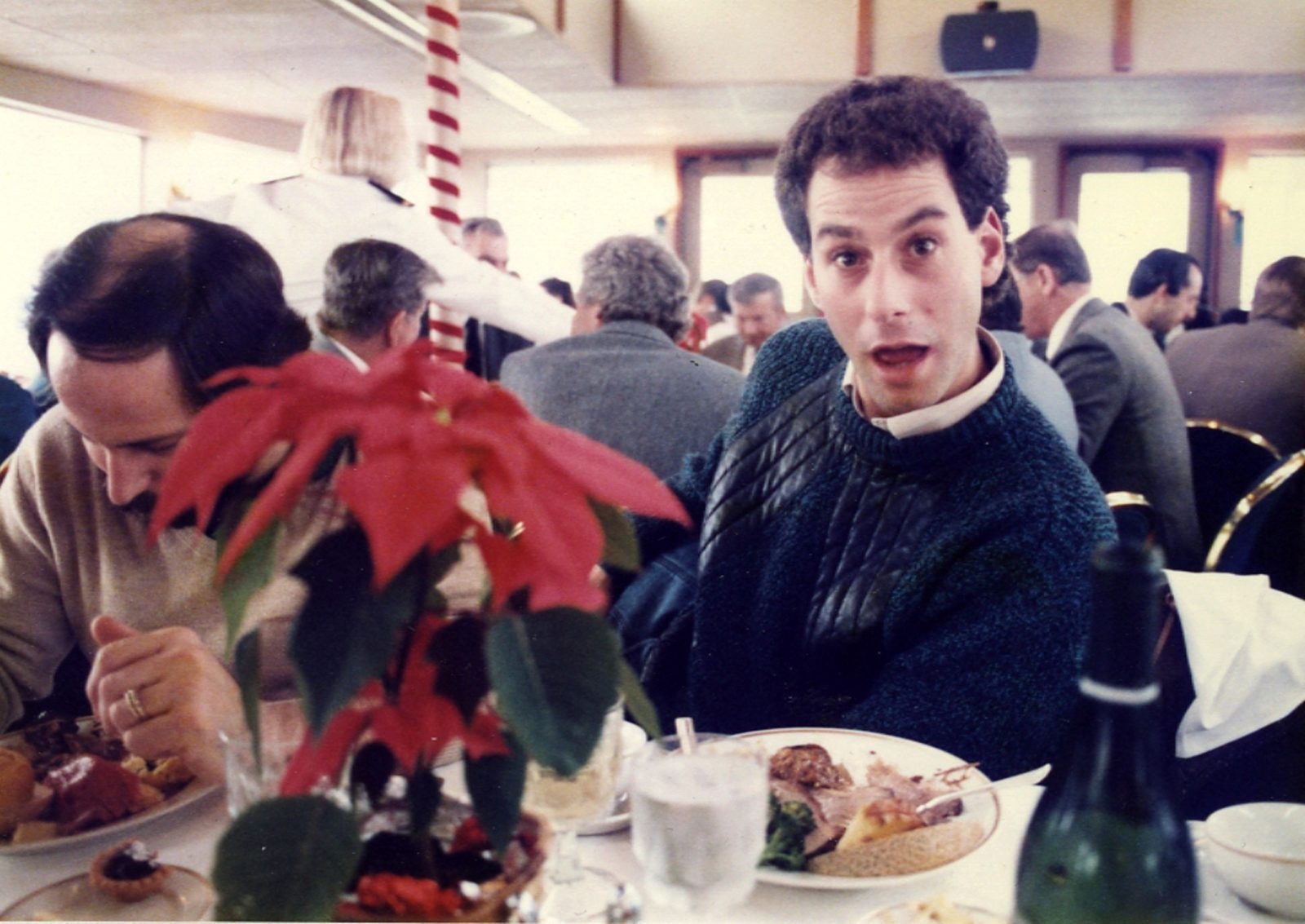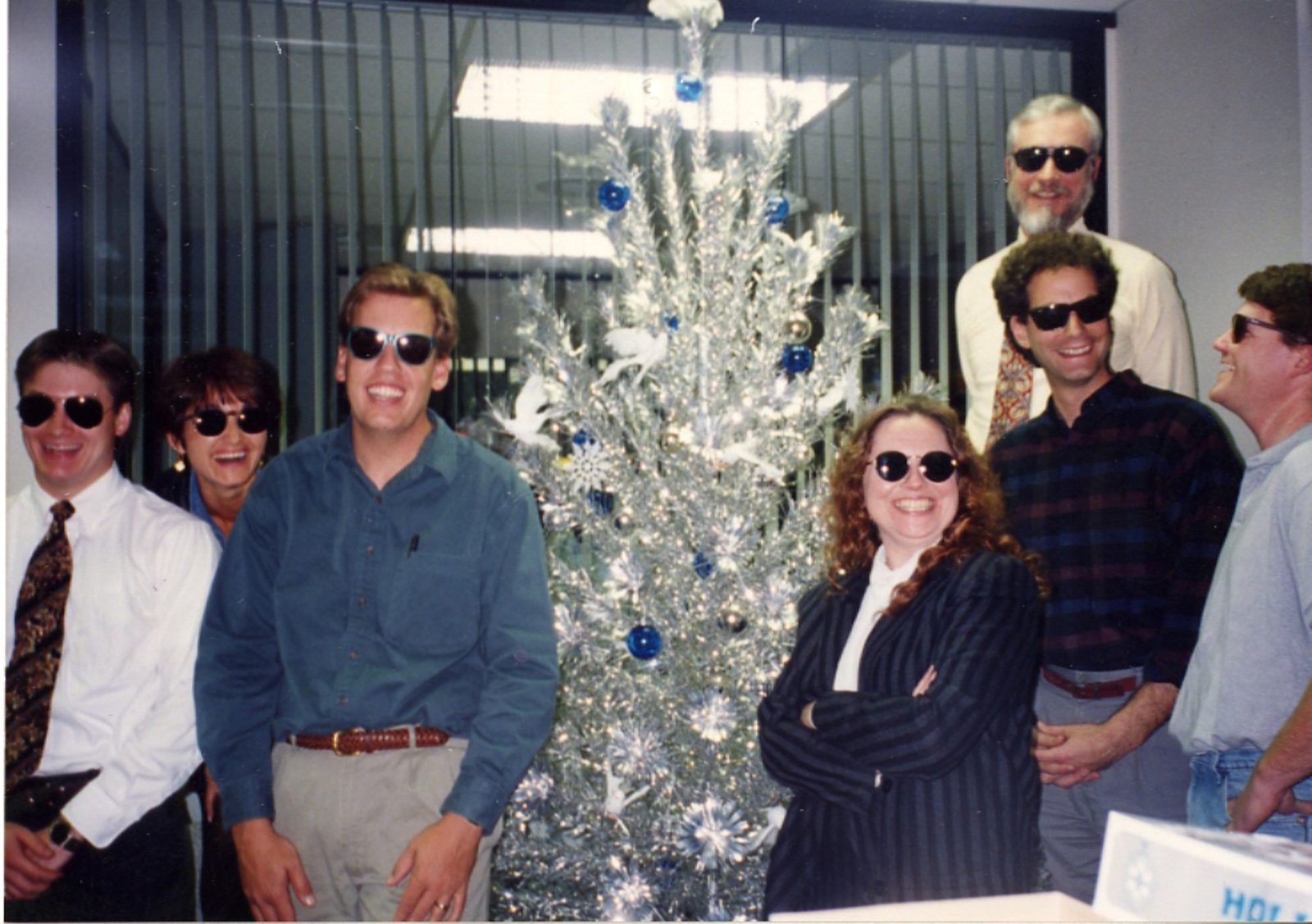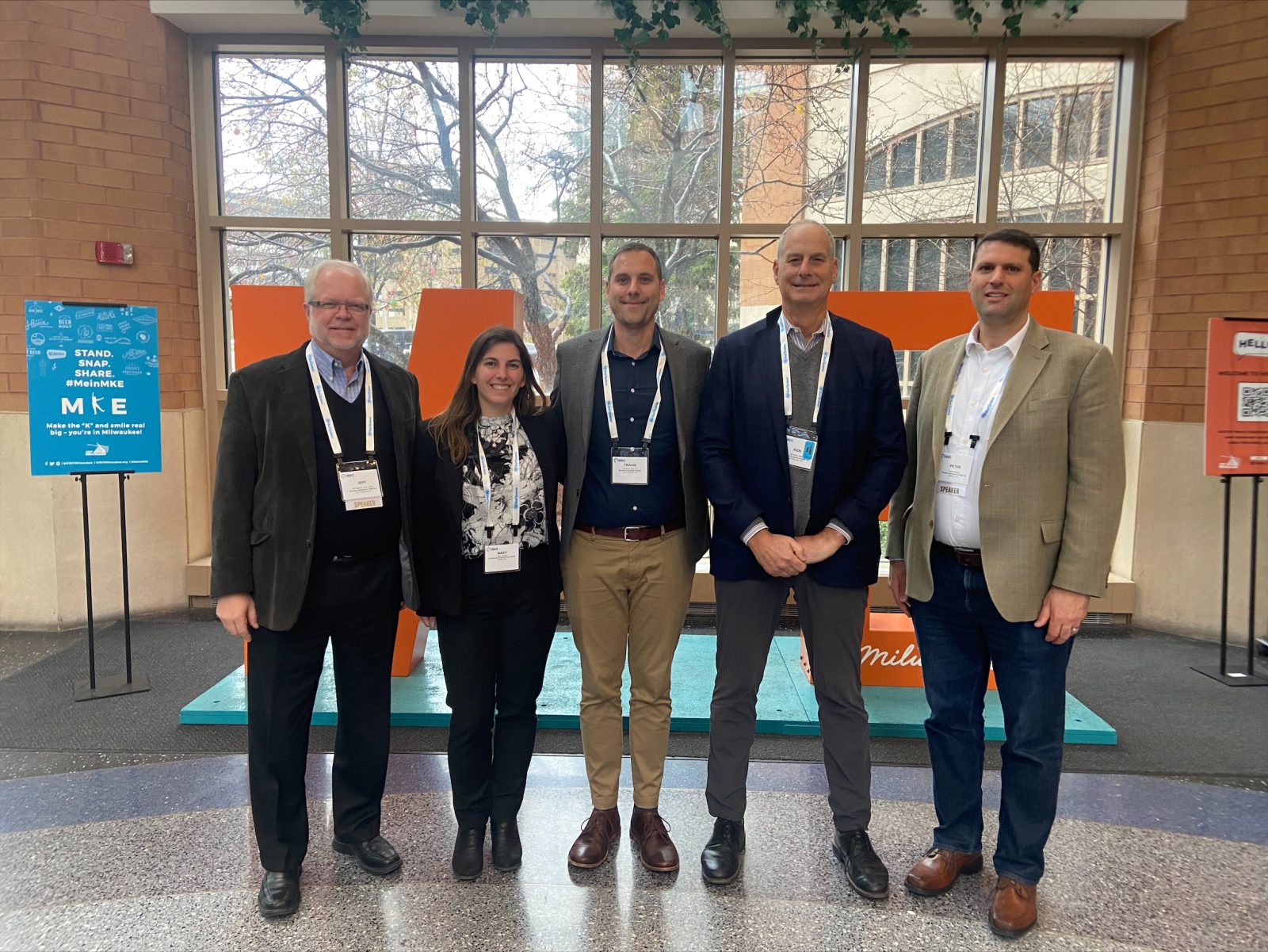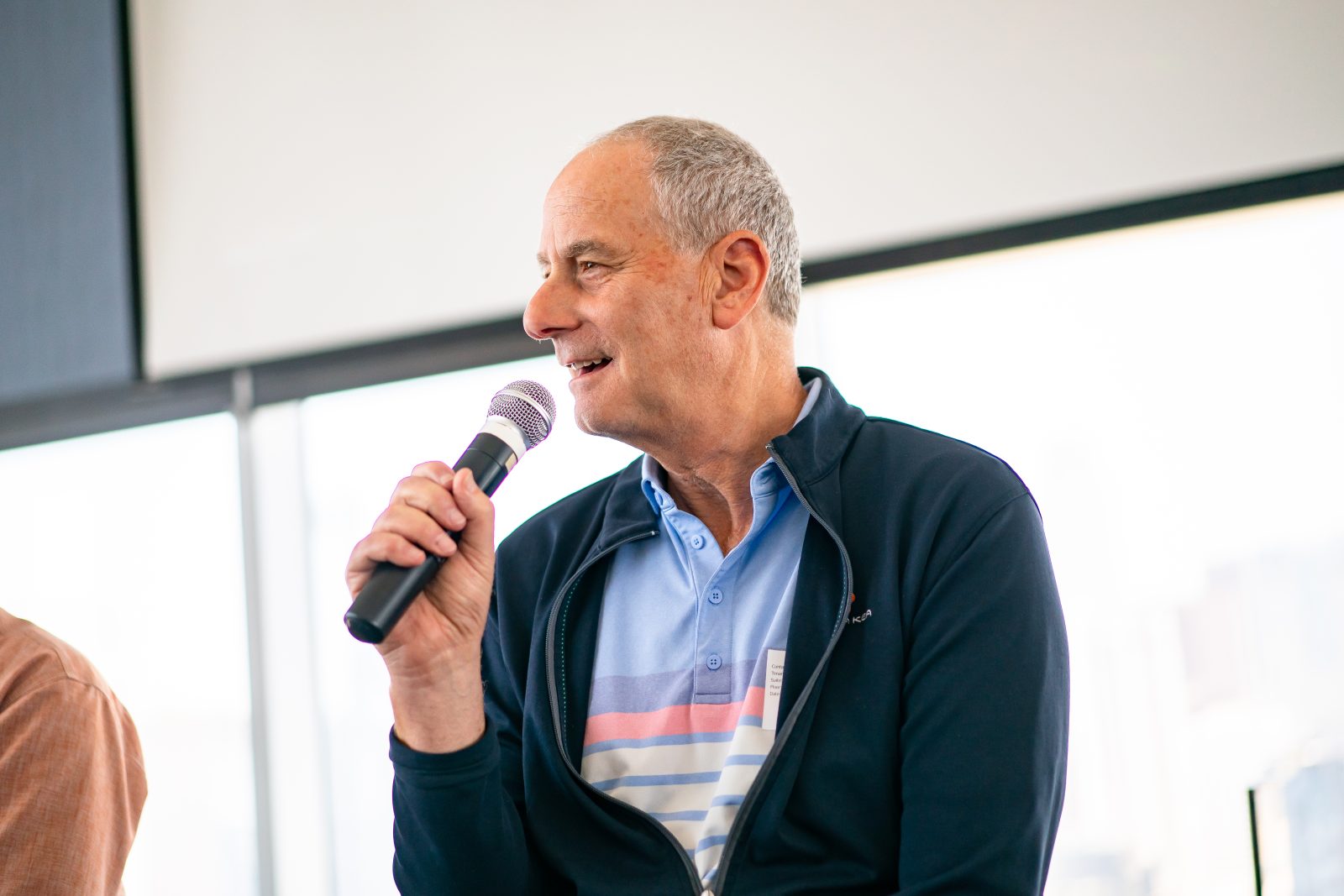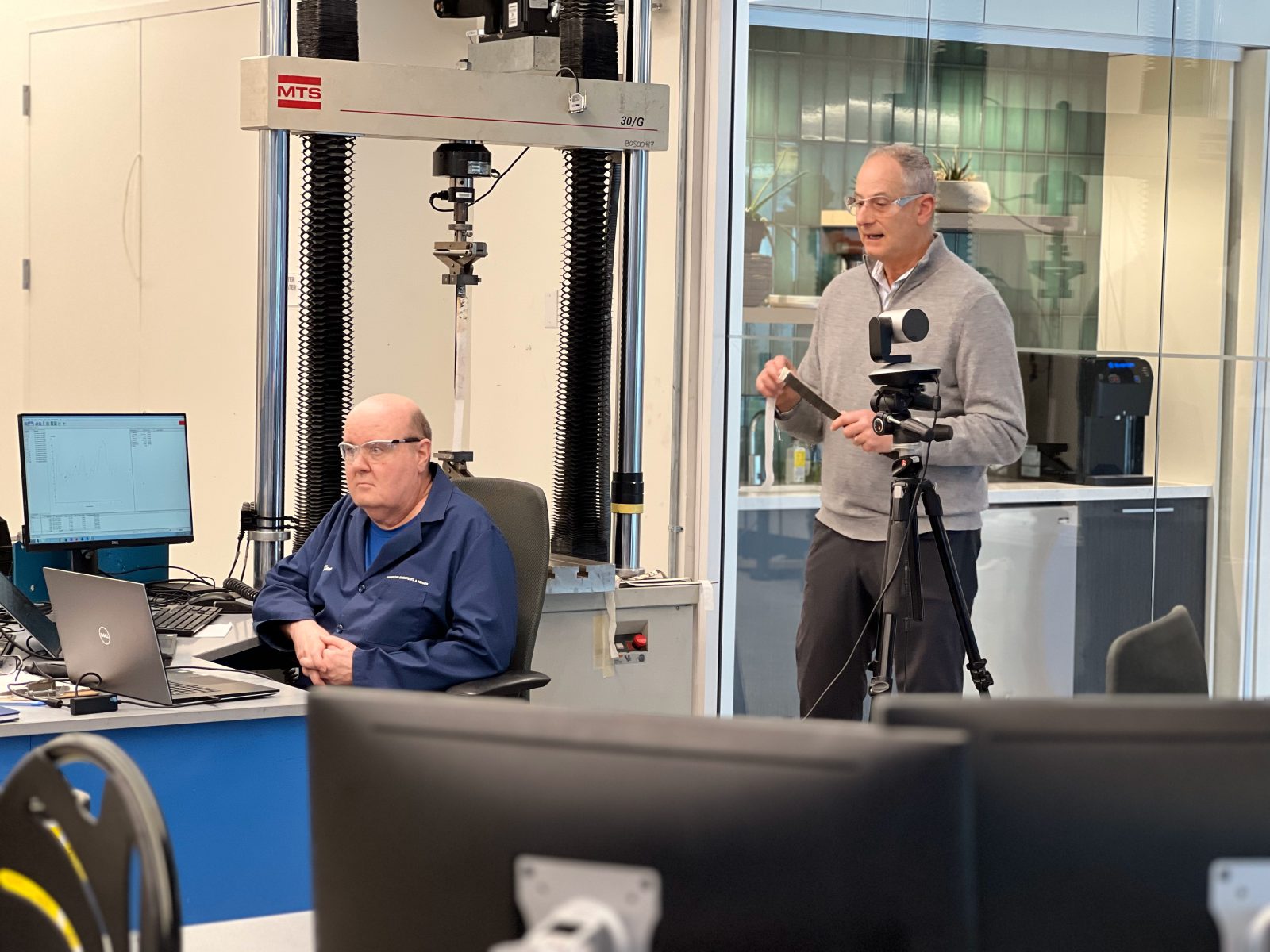Faces of SGH: Ken Klein
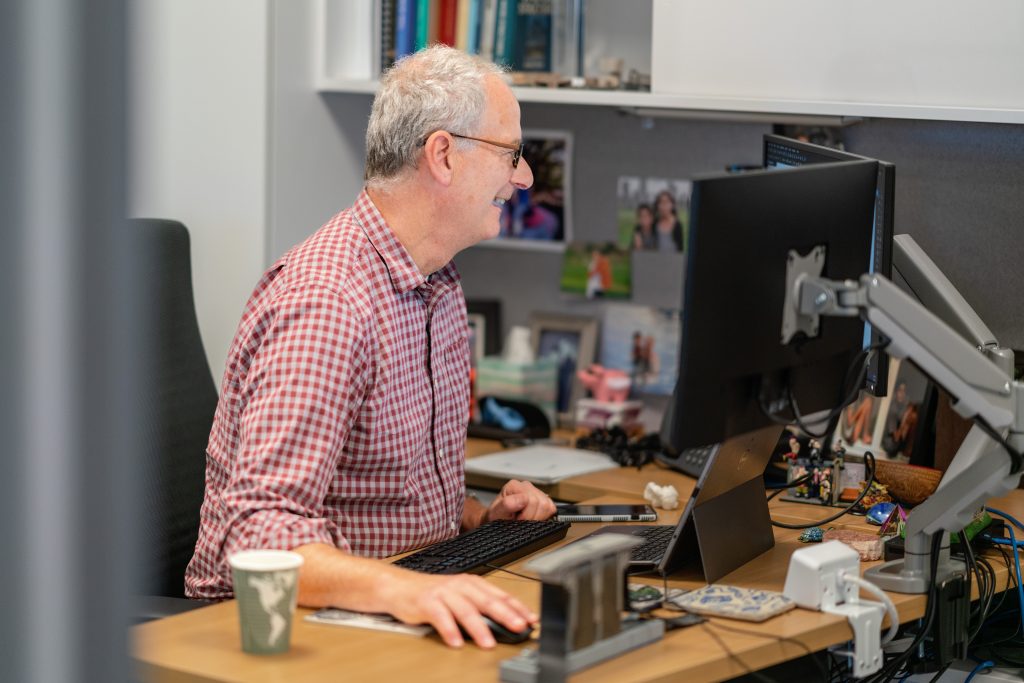
As part of our celebration of surpassing the 750-employee milestone, we’re spotlighting several of the SGH team members. Next up, meet Ken Klein.
Ken’s Key Stats:
- Joined SGH: 1985.
- Current role: Senior Principal, Oakland, CA.
- Education: University of California, Berkeley, CA (B.S. in Civil Engineering).
- Three words to describe you: Passionate, empathetic, curious.
- Last book you read/Current book you’re reading: “City of Thieves” by David Benioff/”The Silent Patient” by Alex Michaelides.
- When you’re not working, you’re: Playing tennis and golf.
- Favorite place to visit: Hawaii.
- Favorite food: All well-made food with correctly paired wine.
How did you find SGH?
Interesting story. I studied civil engineering at UC Berkeley, but when I graduated, I wasn’t sure if I wanted to be an engineer. So, I traveled for two years and ended up in Israel. After a five-month stay on a kibbutz learning Hebrew, I got a research position at the Technion—an Israeli engineering school that includes a building technology discipline. I worked there for six months and learned aspects of building technology. When I returned to the United States from my travels, I was looking for a job and answered (with encouragement from my mother, who was tired of me lounging around the house doing nothing), an employment ad in the newspaper where SGH was looking for a roof monitor. I thought, “Well, this is kind of like what I was doing in Israel with regard to building technology,” but it seemed a little bit of a stretch that I was qualified. When I interviewed, the SGH interviewer said, “You know, you could be an engineer for us. We don’t really need you as a roof monitor.” So, that’s how I got the job. I’ve been here for almost forty years thanks to responding to a newspaper employment ad at the encouragement of my mother.
What was it like to start at SGH?
I initially worked on roofing projects out of our San Francisco office. I worked a lot with Carl and Kevin Cash, who were SGH partners and renowned roofing experts. They were also great mentors and I was very close with them before they both, unfortunately, passed away after battling cancer. My early projects were mostly doing roofing design and inspection work, and forensic litigation related to roofing issues. I really enjoyed the roofing portion, but I didn’t embrace the forensics part. One of my earliest projects was at the Dayton Mall in Ohio, monitoring for six months a built-up roofing installation. I thought it was the greatest job in the world. I then worked on another roofing project down in Newport Beach, California, and several other reroofing projects in San Francisco and Northern California. To this day, my mom, who’s in her 90s, thinks I’m a roofer and that’s all she can remember. I’ve tried to tell her over and over again that I do lots of other things with buildings, but all she can remember is that I’m a roofer.
What interests you in your work?
I want to solve problems. Through my training here at SGH, I saw that I didn’t want to only do forensic litigation work. I wanted to work in an active way to prevent building problems, not react to the failures. I started working with architects quite early in my career, and then I worked with contractors to resolve issues and develop design concepts for new construction projects. Over time, this practice of building technology consulting for new construction has become a strong discipline across the company. It’s all evolved from a desire to improve the building enclosure performance and solve construction issues before they become problems. This has been my passion, looking at all aspects of the building enclosure and continually saying, “How can we make this better and improve the detail?” It has been a great career as I’m still learning something new every day.
How do you overcome the really big problems?
There is definitely ego when working on a problem because I always believe I can figure it out, but that’s not always true. The trick is realizing when you can’t figure it out and reaching out to the right people at the right time. You must believe in yourself and not be afraid when something new comes along; it’s just facing the challenge and resolving it. The tricky problems are usually construction-based and require expedient and cost-effective solutions. So, you talk to your peers at SGH, the contractor and subcontractors, and they teach you. It’s collaborating, listening to other people’s opinions, trying to come up with the right solution, and realizing that you are not always right.
I know that I will always have the support I need from my partners at SGH. Frank Heger said he always hired people smarter than him (even though, according to former CEO Glenn Bell, that really wasn’t true because Frank was always the smartest in the room). I’m well aware of where I stand on my intelligence level—I’m bright and smart enough for the engineering work that I do, but I don’t always have the answer to the problem. I know that we have so many brilliant people here at SGH that I can go to for help.
How does SGH help you give back to the industry?
Our founders—Howard Simpson, Werner Gumpertz, and Frank Heger—were MIT professors and they believed in giving back to the industry in various ways, and that’s always been an important part of the company. I give lots of presentations, and I have always enjoyed that. I also write articles, and I like that, too. Several years ago, I became the technical advisor for the Western States Roofing Contractors Association, and that has worked out really well. It’s a way of giving back to the industry using the SGH knowledge that I gained through all kinds of investigations and design projects. I write technical bulletins on behalf of the membership and use those insights for presentations, too. It’s satisfying to teach others what we’ve learned and try and explain why they should go in a different direction. There is a sense of improving the roofing industry, and it is a rewarding role.
What advice do you have for someone starting their career in the industry?
Giving back to the industry is important, but it shouldn’t be a burden. If you’re enjoying this work, you can find the right fit. Is it writing a paper? Maybe. Giving a presentation? Definitely, as a lot of people like to hear themselves talk. Joining some industry trade group? That could be good. Of course, if you’re going to join an industry or trade group, you are not there to just sit and listen, you must participate. In my career, I found things I liked and didn’t like. It’s about finding your place and finding what works for you. Doing projects is great—it makes the company money, and you get paid—but there’s something missing with that. Giving back to the industry gives you some sense of helping somebody somewhere. But you can’t take yourself too seriously. You’re not saving the world, but you are helping improve aspects of construction that will have a lasting impact.
